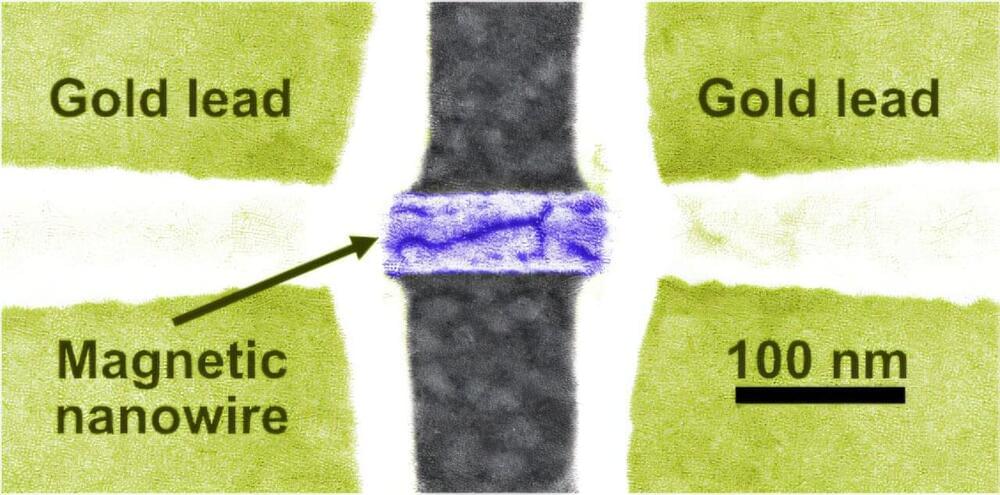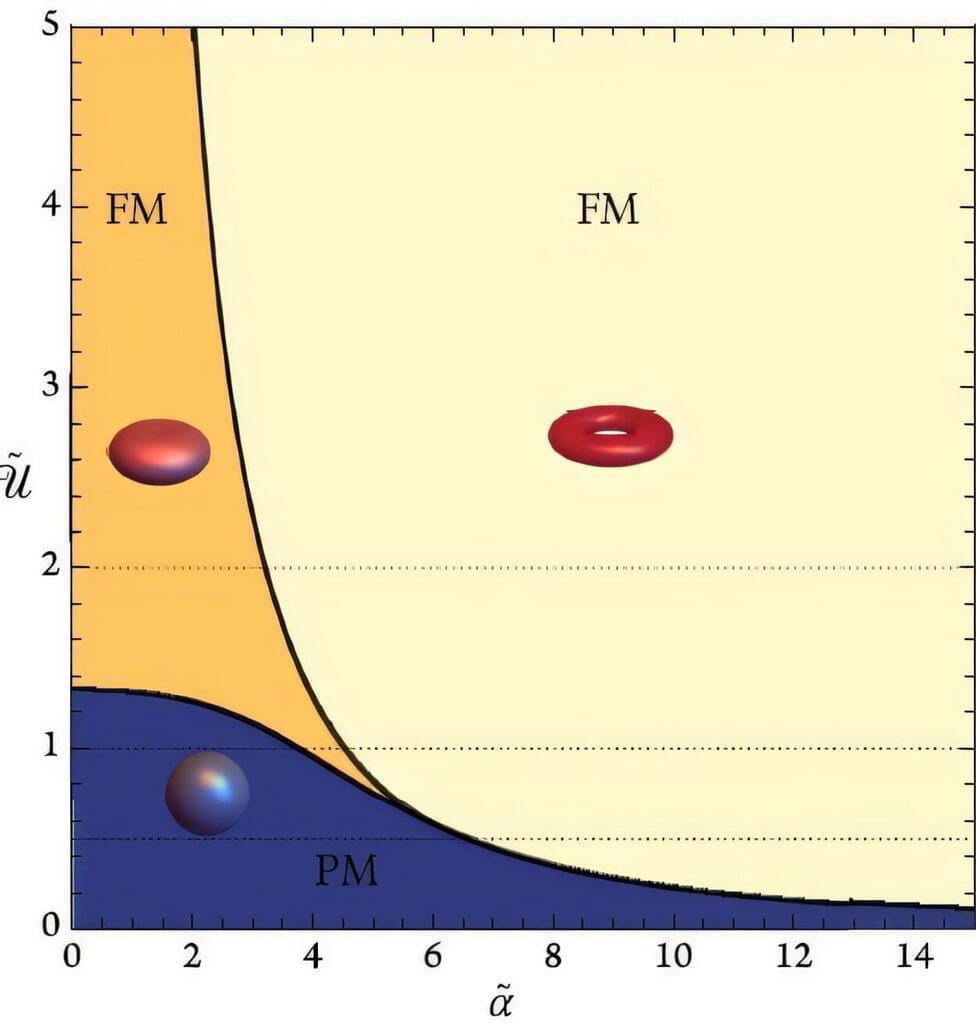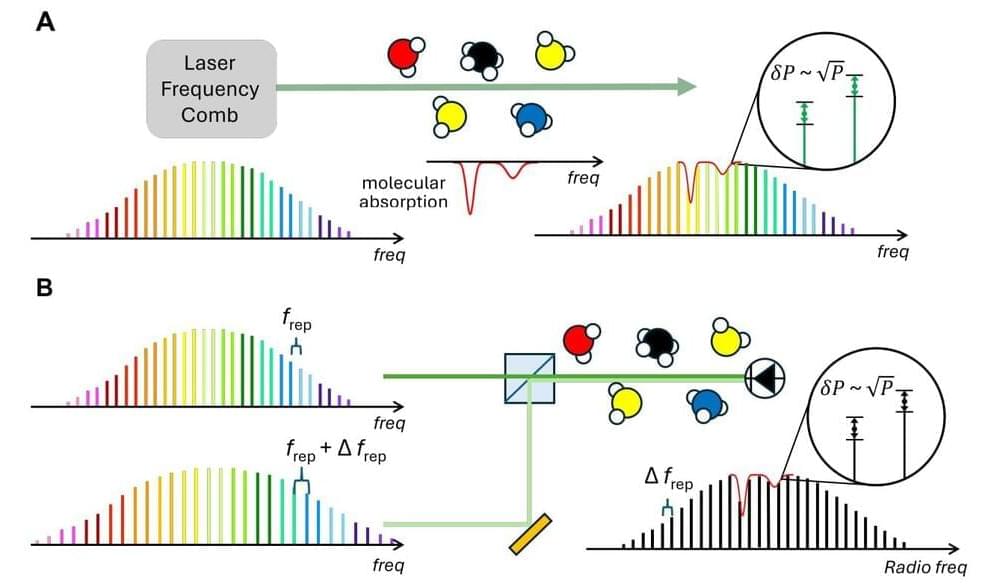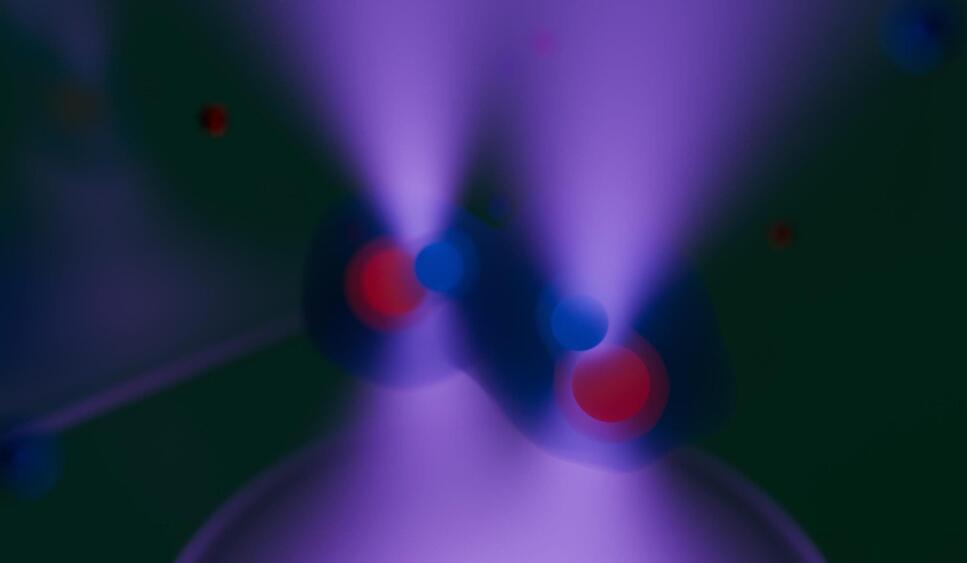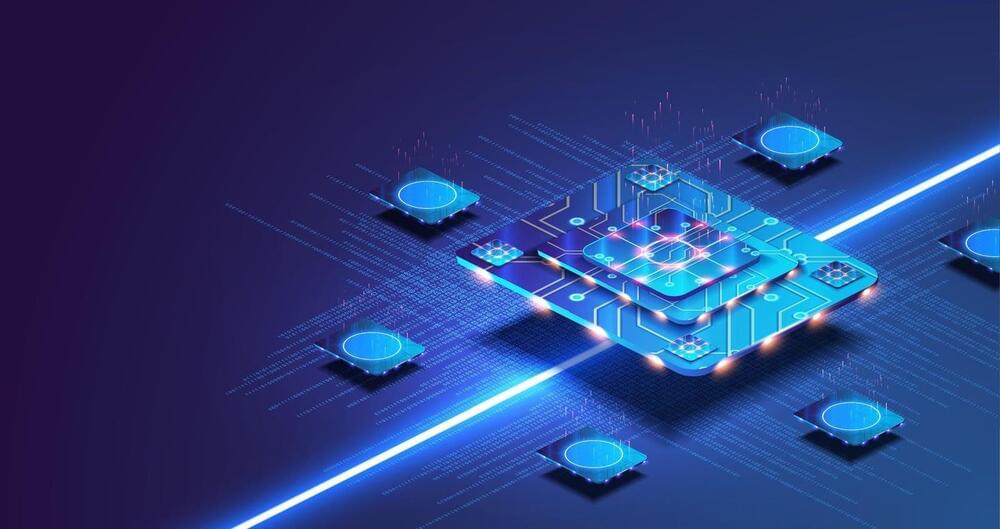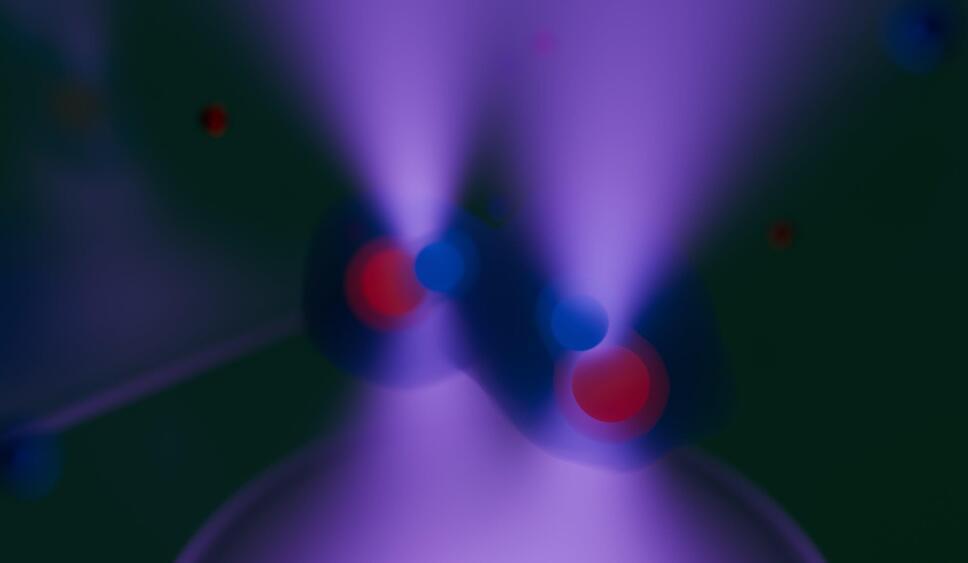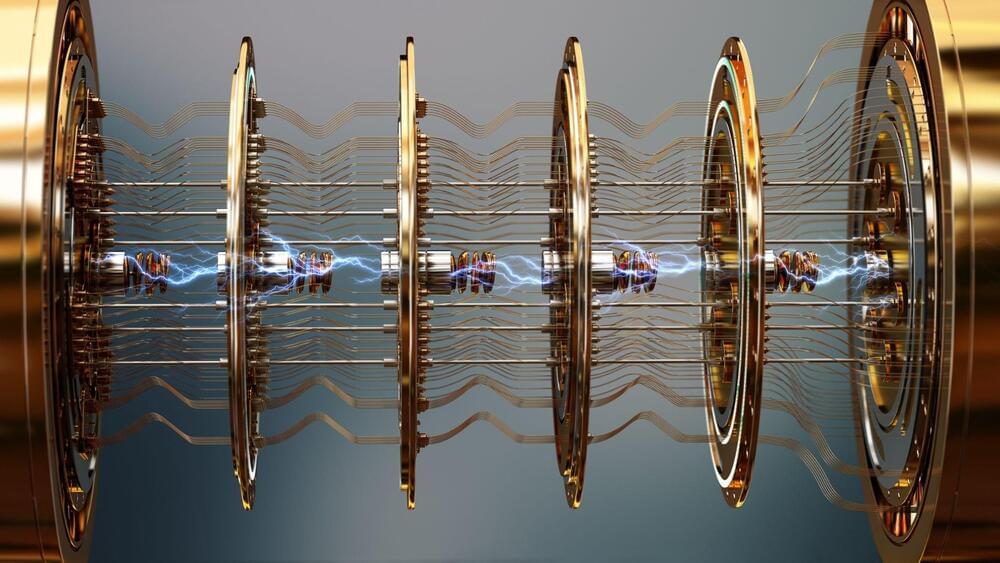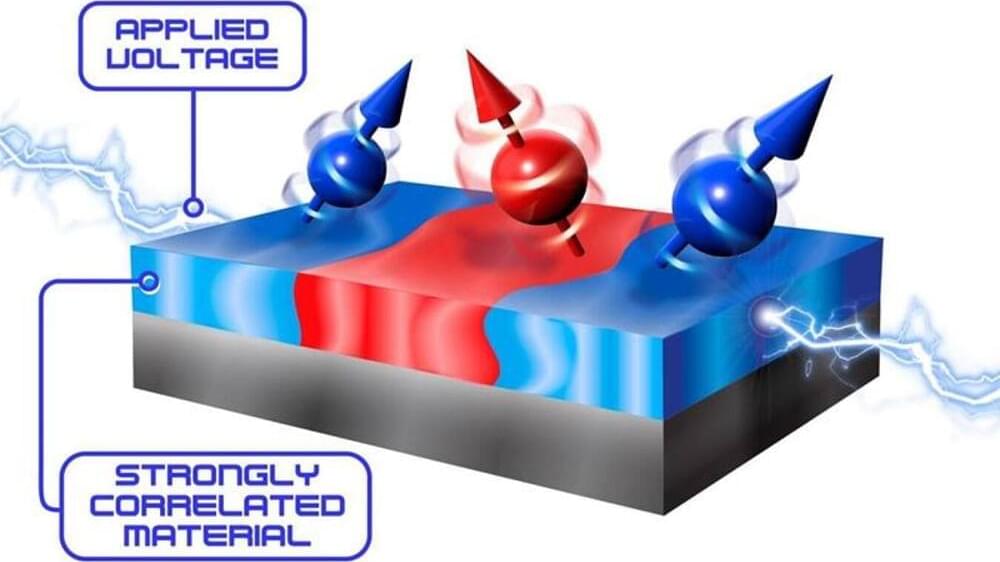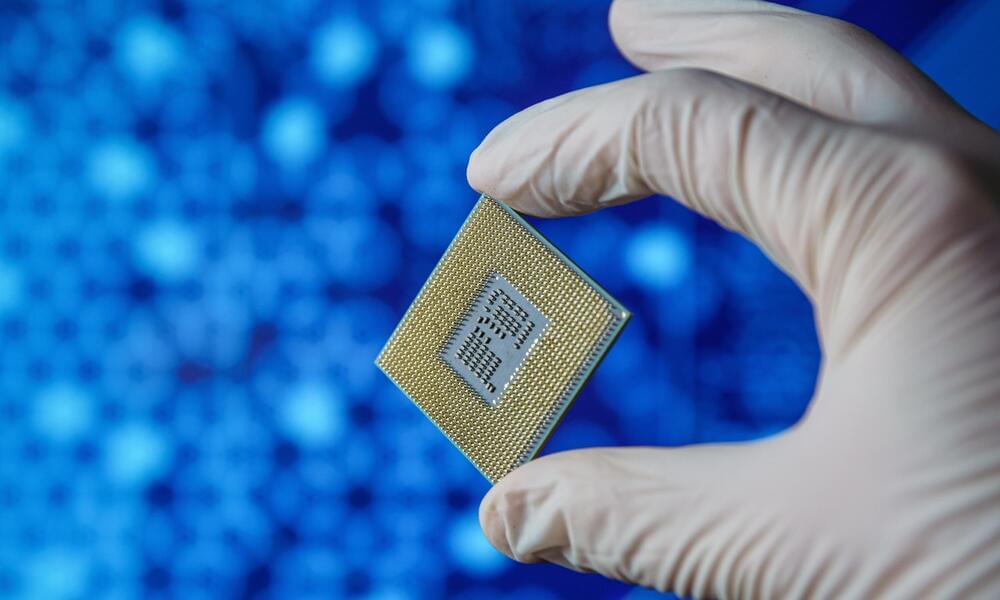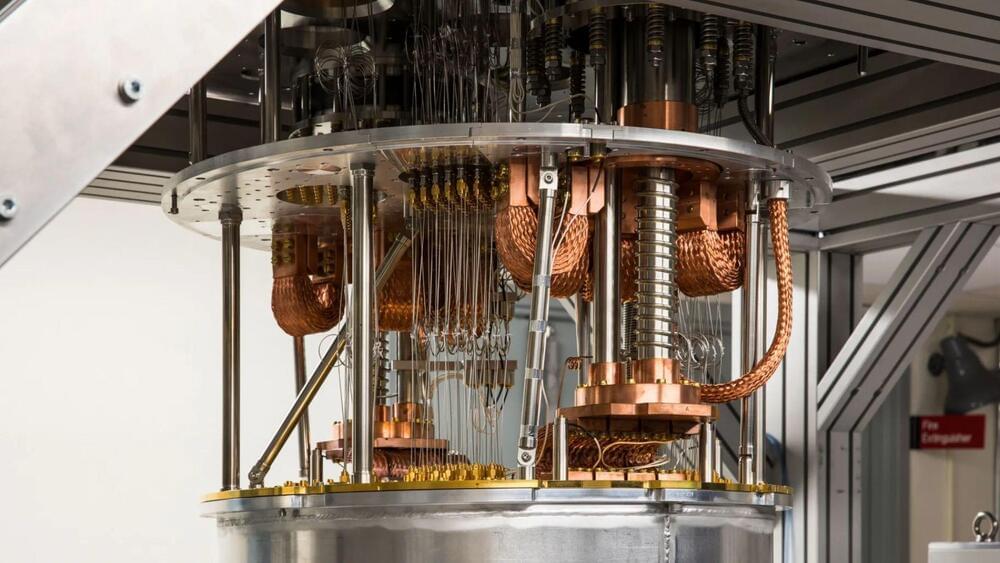Jan 17, 2025
Anomalous Hall torque: ‘Brand new physics’ for next-generation spintronics
Posted by Saúl Morales Rodriguéz in categories: computing, particle physics, quantum physics
Our data-driven world demands more—more capacity, more efficiency, more computing power. To meet society’s insatiable need for electronic speed, physicists have been pushing the burgeoning field of spintronics.
Traditional electronics use the charge of electrons to encode, store and transmit information. Spintronic devices utilize both the charge and spin-orientation of electrons. By assigning a value to electron spin (up=0 and down=1), spintronic devices offer ultra-fast, energy-efficient platforms.
To develop viable spintronics, physicists must understand the quantum properties within materials. One property, known as spin-torque, is crucial for the electrical manipulation of magnetization that’s required for the next generation of storage and processing technologies.
